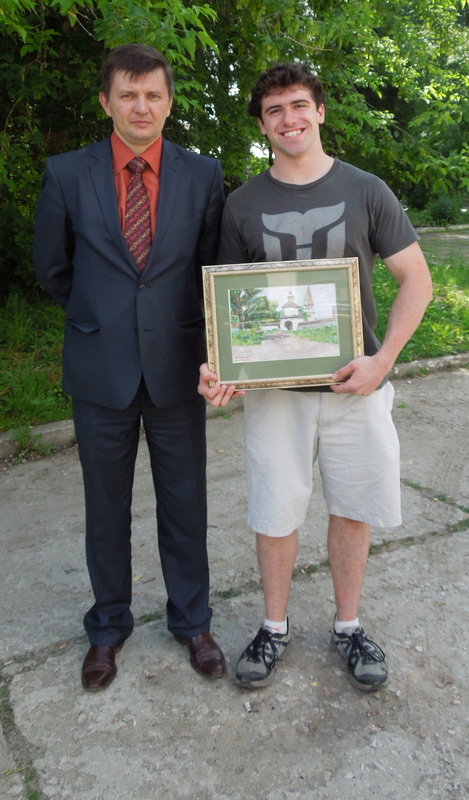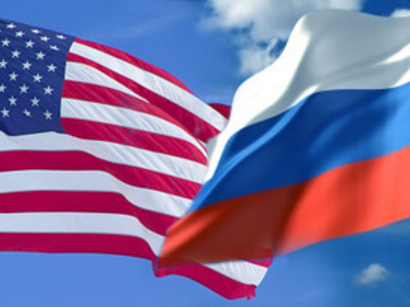My Most Important Teammate
Much of the project’s impact, progress, and future longevity is and will be thanks to the tremendous character of the school’s principle, Sergei Yudin. Sergei was much younger than I had expected, but youthful enthusiasm and optimism on both of our parts is what proved to make the project travel much further in the sticky mud of rural Russian infrastructure than the project’s critics had expected. Every weekday in Suzdal began in Sergei’s office. In the mornings we would talk about what I would be doing that day around the school and the current stage of construction. Often I would return to his office for lunch where we would sit for two or three hours at a time and engage in a tremendous cultural exchange about all aspects of education. After hours of wearing out the binding on my Webster English-Russian dictionary and using the chalkboard in his office for a game of explanatory Pictionary, we would sit contentiously smirking at the fact that we had carried out a tremendous cultural exchange and thoroughly designed some very exciting athletic and health programs for the school. Teachers often joined these lunch time conversations and they ultimately served as the forum to make the program truly comprehensive and all encompassing. Everyday Sergei reminded me of how thankful he was that SHCAB had chosen his school. For years he had been trying to find a few extra cents to buy some equipment and simply add a basketball hoop to the schoolyard. I could not have asked for a more enthusiastic and dedicated principle to organize this project with. Even with the setbacks and complications, which are obviously inherent in Provincial Russia, I can say that Sergei Yudin has set the bar for the type of school administrator that SHCAB can organize and implement effective action with.
In the photograph below, Sergei is presenting me with a gift from a student at the school. She is the most talented artist in the town according to her teachers and she painted this picture of the Alexandrovski Monastery (the largest Monastery in Suzdal) for me as a gift. She and some of the other students with whom I worked signed the back and Sergei wrote a special thank you to SHCAB. I may only be twenty-one years old, but I can proudly say that I have found a priceless possession.
In the photograph below, Sergei is presenting me with a gift from a student at the school. She is the most talented artist in the town according to her teachers and she painted this picture of the Alexandrovski Monastery (the largest Monastery in Suzdal) for me as a gift. She and some of the other students with whom I worked signed the back and Sergei wrote a special thank you to SHCAB. I may only be twenty-one years old, but I can proudly say that I have found a priceless possession.


 RSS Feed
RSS Feed